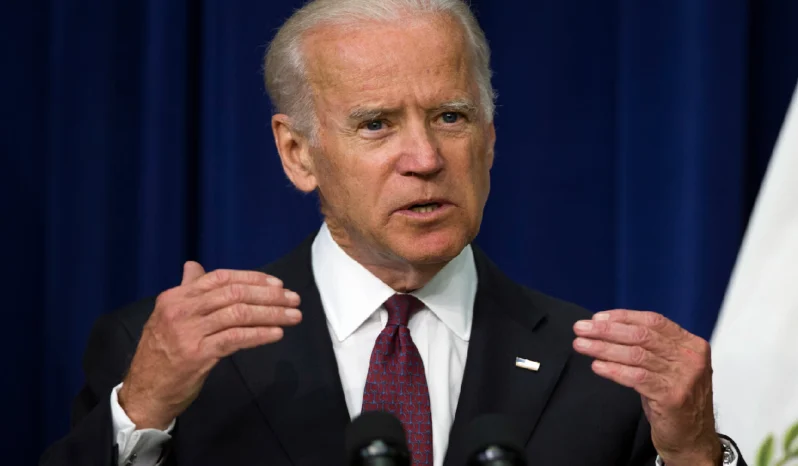The Biden administration has proposed banning Chinese connected-car technologies, marking a significant move against the influx of low-cost Chinese EVs impacting the global automotive market.
Key Highlights
This ban extends to both hardware and software and was announced by the U.S. Commerce Department. It builds on previous actions, such as imposing a 100% tariff on Chinese EVs and excluding vehicles with Chinese components from a $7,500 consumer EV subsidy.
The scope of the ban is broad, affecting even those Chinese-manufactured vehicles produced outside of China, including potential production sites in Mexico and Europe. This measure is seen as a crucial strategy by U.S. officials to address not only economic competition but also national security concerns, as it could prevent potential espionage activities through vehicle technology.
BYD’s Plans for Mexican Factory in Question
Chinese EV leader BYD has announced plans for a factory in Mexico, intending to serve the local market. However, U.S. trade groups remain skeptical, fearing significant competitive threats to American automakers.
Additionally, the proposal restricts Chinese software and self-driving vehicles from testing or deployment in the U.S., protecting domestic companies like Tesla, which is increasingly focusing on autonomous driving technology. This has raised concerns about potential Chinese retaliatory measures targeting Tesla’s extensive operations in China.
U.S. officials argue that the ban is necessary to close loopholes that could allow Chinese technology to enter the U.S. market, particularly through automotive software, and emphasize the need to ensure that American consumers opt for domestic vehicles over Chinese ones.
Ban on Chinese EV Sparks Concerns
Security concerns have also been highlighted, with recent actions against Chinese companies like Hesai Group, which was added to a U.S. blacklist over alleged ties to the Chinese military—allegations that Hesai has denied and legally contested.
The Biden administration aims to implement these new regulations before the end of Biden’s term in January 2025, while Chinese officials have already expressed opposition. They view these measures as discriminatory and an overreach in the concept of national security.
This regulatory push aligns with the broader theme of reducing reliance on Chinese technology and promoting American-made products. This stance has received bipartisan support and features prominently in the current U.S. presidential campaign.
The proposed ban on Chinese connected-car technologies by the Biden administration is a significant move to address economic competition and national security concerns. It aims to counter the influx of low-cost Chinese electric vehicles and prevent potential espionage activities through vehicle technology. The ban’s broad scope could impact Chinese-manufactured vehicles produced outside of China, and it also restricts Chinese software and self-driving vehicles from testing or deployment in the U.S. While this move has received bipartisan support, it has sparked concerns and opposition from Chinese officials. ELCTRIK Speaks







